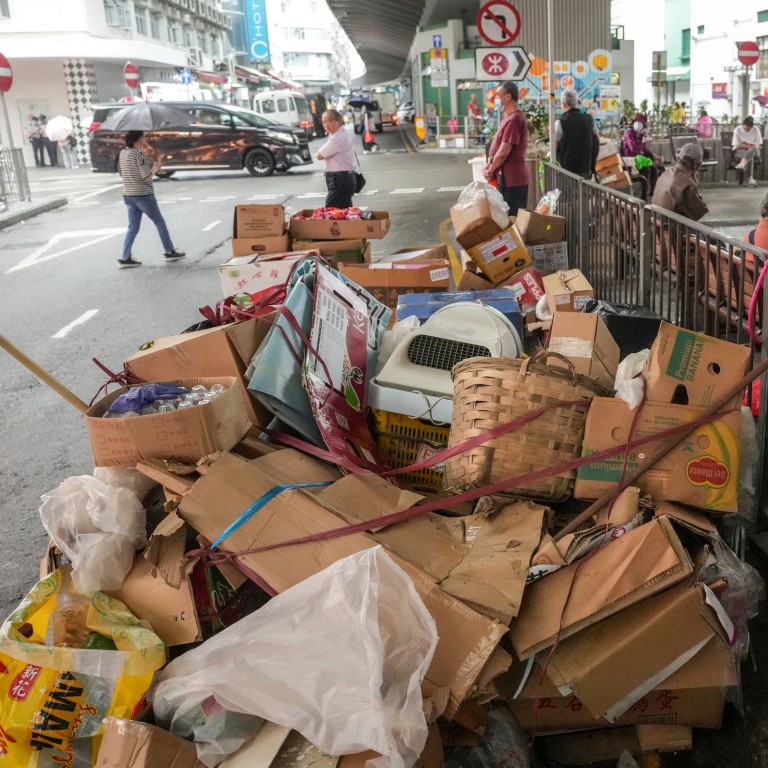
Hong Kong’s litter louts will have higher price to pay
- Proposed doubling of fines in Hong Kong should encourage people to clean up their act and lead the way for further hygiene measures
Litterbugs should brace themselves to pay twice as much in fines later this year when adjustments to Hong Kong’s hygiene laws are likely to take effect.
The first such increases in nearly 20 years are long overdue and welcome, but adequate enforcement will be needed if litter louts are to change their bad habits.
Sources have told the Post the Executive Council nudged the measure towards the final stages of approval when it endorsed a government proposal to raise fines for littering to HK$3,000 (US$380).
The top-level advisory body has also reportedly backed a fourfold rise in fines for unauthorised shop extensions.
Hong Kong set to double fines for litterbugs to HK$3,000
The Environment and Ecology Bureau said it planned to have the amendment before the Legislative Council by the second quarter of the year, just ahead of the anniversary of the maiden policy address by Chief Executive John Lee Ka-chiu.
Lee had promised stiffer penalties for littering or spitting in public spaces and country parks, failing to clean up after pets in general areas, displaying posters and bills without permission and marine littering.
The proposal in play would make good on that pledge, as well as impose a fixed fine of HK$6,000 for those who unlawfully extend shopfronts or illegally dump construction waste.
The current HK$1,500 fine is little more than a slap on the wrist for many people, including shop owners who treat fines as a form of “rent” for taking up space.
Increased littering penalties have broad support, according to a public consultation carried out by the government.
Dirty games: 20 nations eye victory at Japan’s rubbish-picking World Cup
While authorities may be able to ride a wave of concern about hygiene that built up during the pandemic, implementing the new fines will require education as well as adequate, consistent and fair enforcement.
Further details are needed about government plans to provide more rubbish bins in public places following a recent exercise to phase out some recycling points.
The city must also not lose sight of waste reduction and recycling goals, and it was encouraging to see a recycling levy on glass bottles take effect on Monday.
Such moves, combined with plans to raise littering fines, are examples of the meaningful steps the city must take to clean up its act.

